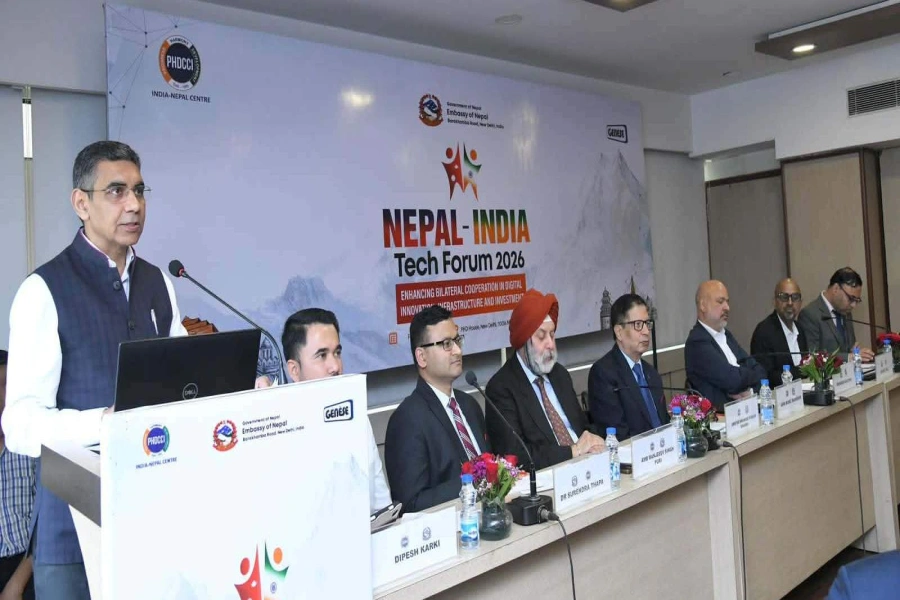KATHMANDU, Aug 27: Amid calls from local level political leaders for increasing the number of local units to be delineated under the new federal setup, the commission formed to restructure the local bodies has said that the number of local units could be increased to 665 at the most, 100 more than the currently proposed.
The commission's current proposal recommends 565 village councils and municipalities under the federal setup.
Under pressure from their local leaders, the Nepali Congress has been demanding doubling of the number of units proposed by the commission while the CPN (Maoist Centre) has maintained that the number could be increased based on political understanding.
The main opposition CPN-UML, on the other hand, has said that the parties should stick to the existing proposal of the commission, which is a constitutional body.
Sunil Ranjan Singh, a member of the commission, said that the commission will determine the number of local units based on its own standards, based on which he said only 100 more local units could be added to the number of units proposed at present.
“No matter what political parties have been saying, we will follow our own standards set according to the local scenario while fixing the number of local units. As things stand, the number cannot exceed 665,” he said.
He said that the commission will fix the number of local units based on the necessity and the spirit of the constitution.
The major political parties have remained divided over the number of local units proposed by the commission formed to fix the number and boundaries of local bodies under the new federal setup.
"If the political parties come up with their official positions on the matter, the commission will discuss the feasibility of their demands. We will be flexible on the number but again, let me repeat the number of units cannot go beyond 665,” he added.
Officials of the commission said that increasing local units rampantly without following standards set by the commission will put unnecessary financial burden on the state coffer and lead to other administrative difficulties.
“The new constitution has envisioned powerful local units, giving more authority to the village councils and municipalities. So, if we increase the number rampantly, the government will have to hire additional manpower and make other various administrative arrangements,” Singh said.
He also said that Prime Minister Pushpa Kamal Dahal's inability to forge a common consensus among political parties on the number of local bodies and criteria for restructuring them has hampered the commission's work at the district levels.
On August 11, Prime Minister Dahal had pledged to forge a common understanding among major political forces on the number of local bodies and criteria for restructuring them, and provide it to the commission so that the commission can submit its report to the government on time.
“Political parties are not cooperative in the local level and it has hampered our work. If this continues, we will not be able to submit our report to the government on time,” he added.
The government has asked the commission to submit their reports by mid-October so that the government can hold local polls by mid-April, 2017.
Task-force proposes to increase 25 local units



































